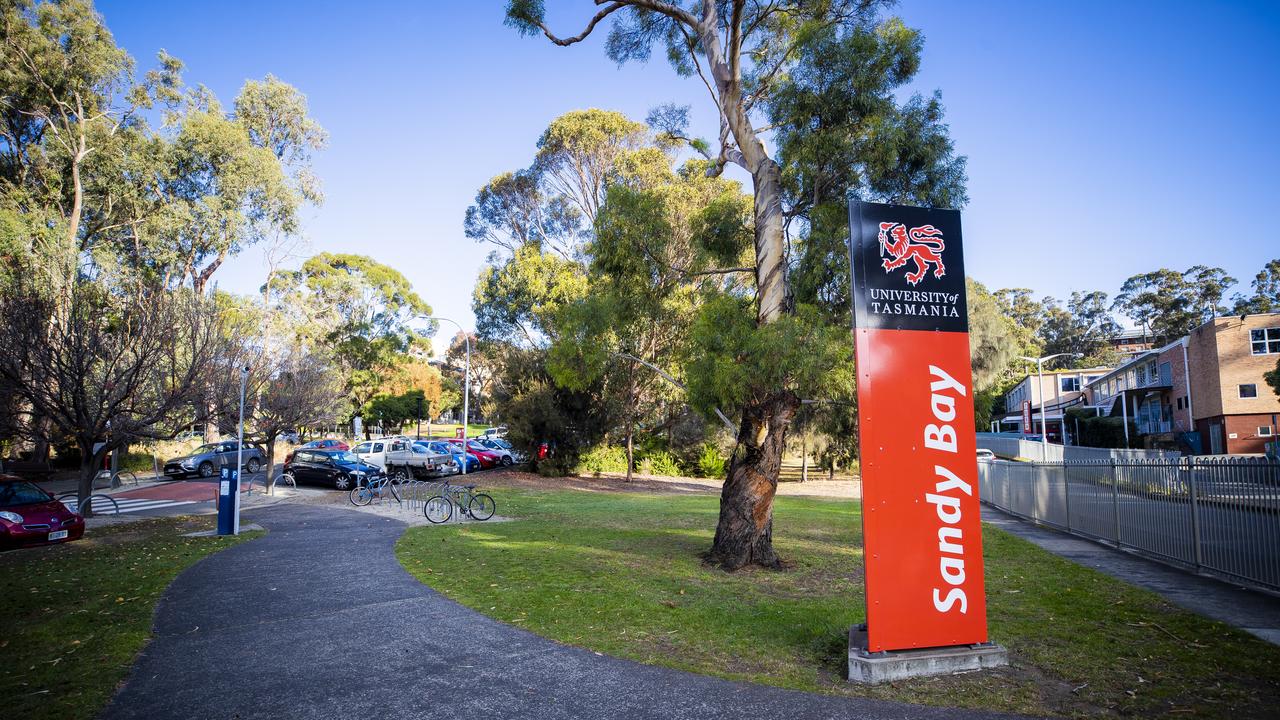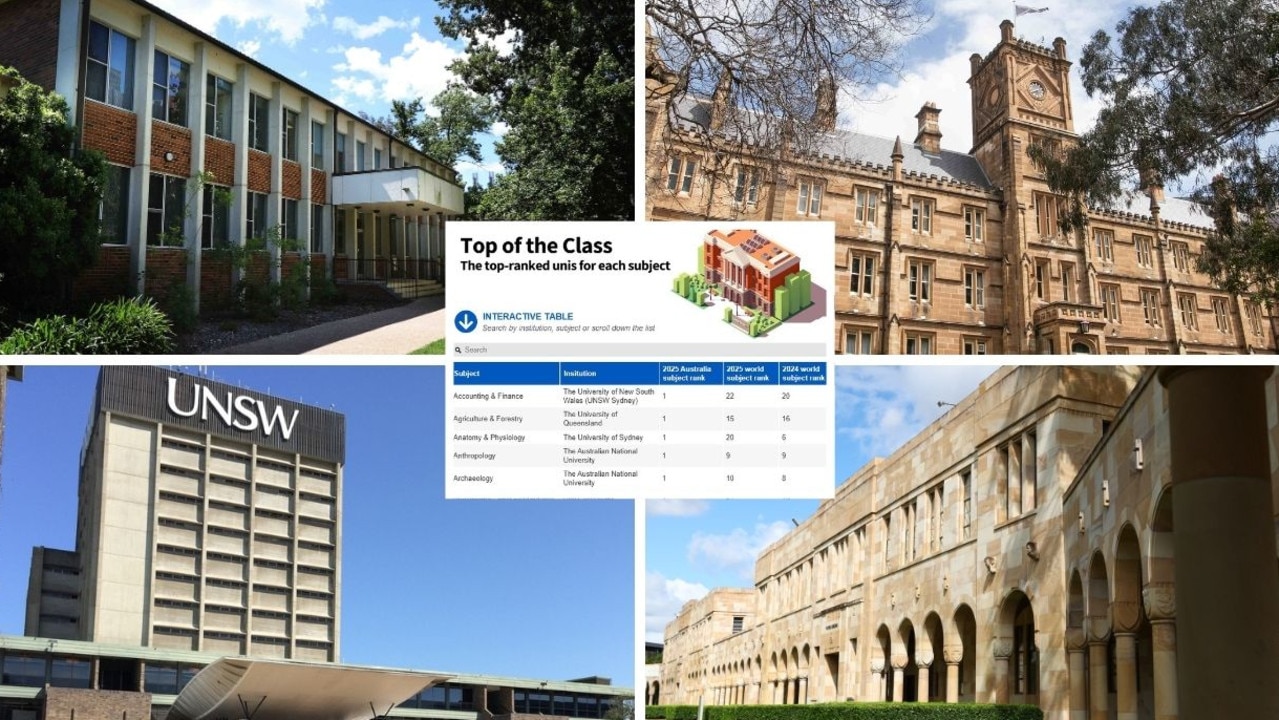University of Tasmania winter graduations: Masters grad’s fascination with giant kelp
Nicole Currie’s unshakeable curiosity about giant kelp made her make the big leap to Tasmania to complete a Masters degree.
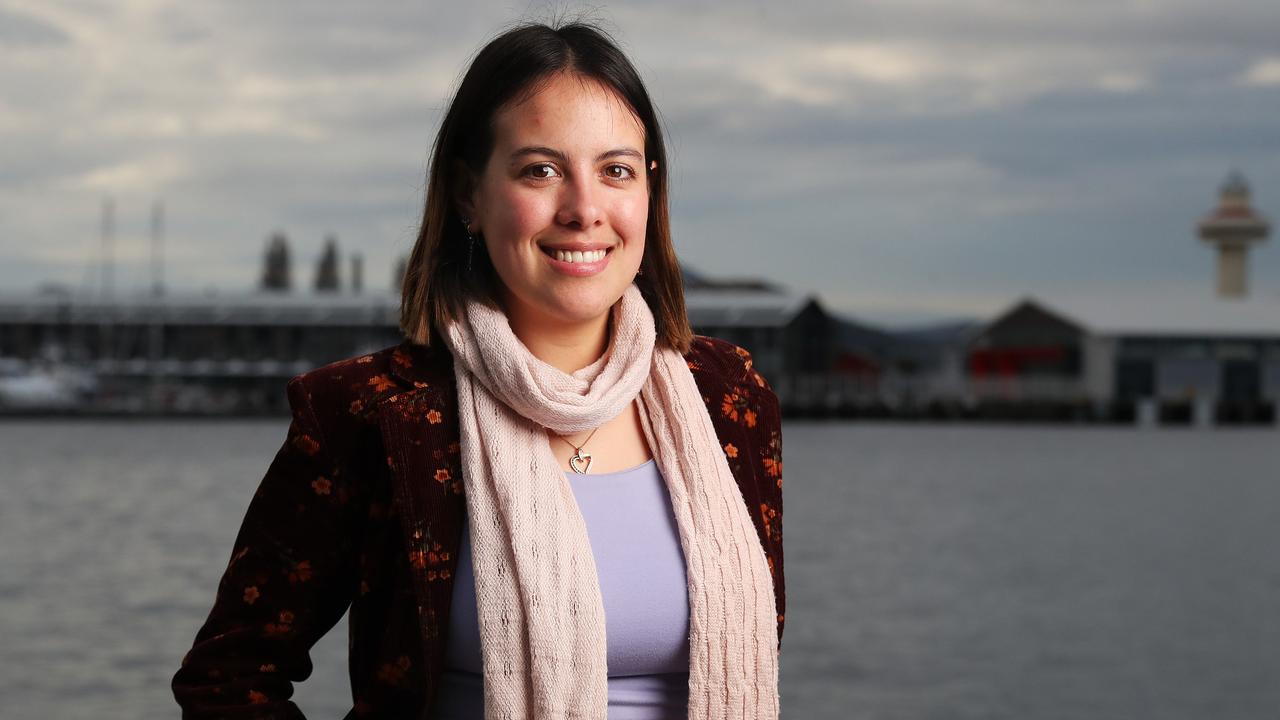
Nicole Currie’s innate curiosity is what drew her to Tasmania.
While doing a research project about at-risk ecosystems for her bachelors degree in Sydney, her curiosity led her down a rabbit hole.
“I came across the giant kelp forests and found that up to 95 per cent of giant kelp has been lost from certain areas and I hadn’t even heard giant kelp was endangered as a community type,” she said.
Ms Currie was fascinated with giant kelp forests. Within two weeks of finishing her bachelor degree, she was moving to Hobart to start her masters degree at the University of Tasmania.
Her masters research focused on tourism and how that was affected by the loss of giant kelp systems.
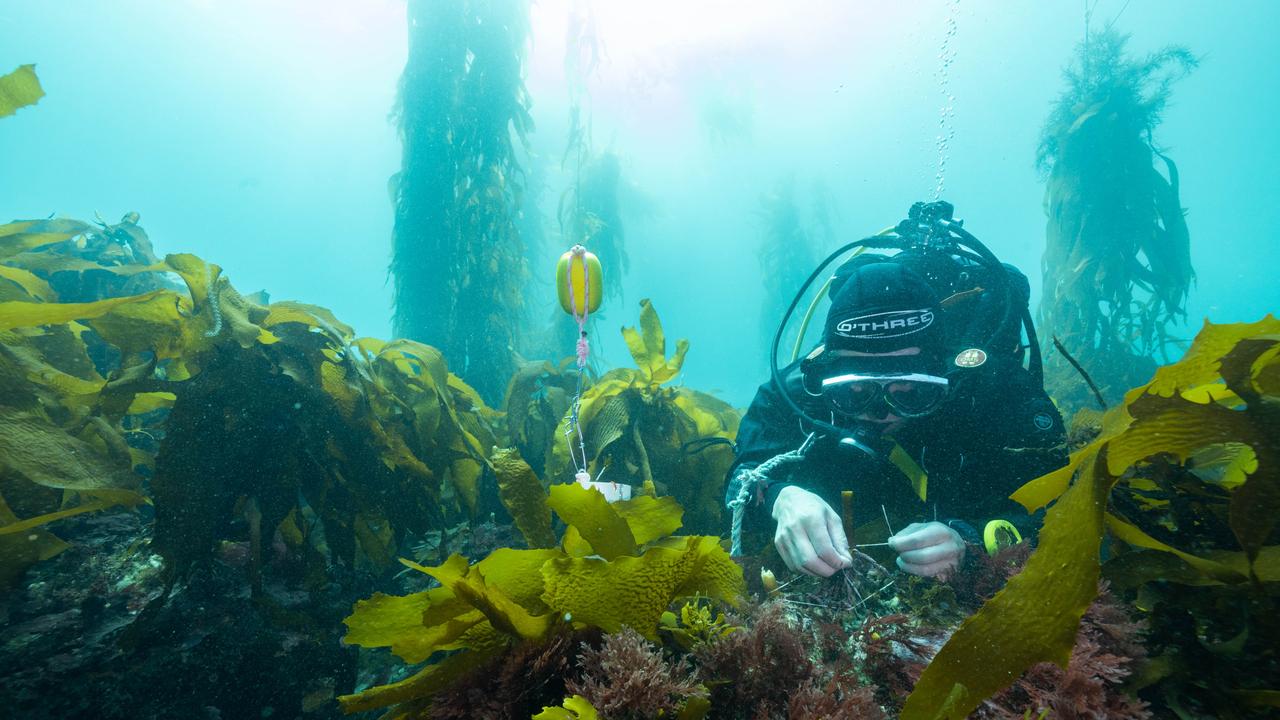
“I was researching how that changed over time using the business logs of a dive centre called Eaglehawk Dive Centre,” she said.
“This is ingrained since the early 90s and the owner, Mick Baron, had been taking really meticulous notes of when customers dived, where they dived, where they were from and that’s just been really critical in providing insight as to how tourism has changed over those 30 years.
“We’re looking at when he had to stop diving at specific sites due to giant kelp loss and he normally discontinued dives at a certain area when they reached about 40 per cent of their original extent because they were then considered too degraded to continue diving at from a tourism point of view.”
Ironically, Mr Baron was one of the reasons Ms Currie moved to Tasmania.
“He was the person that I saw an article from when I was doing my bachelor so it kind of inadvertently made me come and I ended up getting to work with him,” she said.
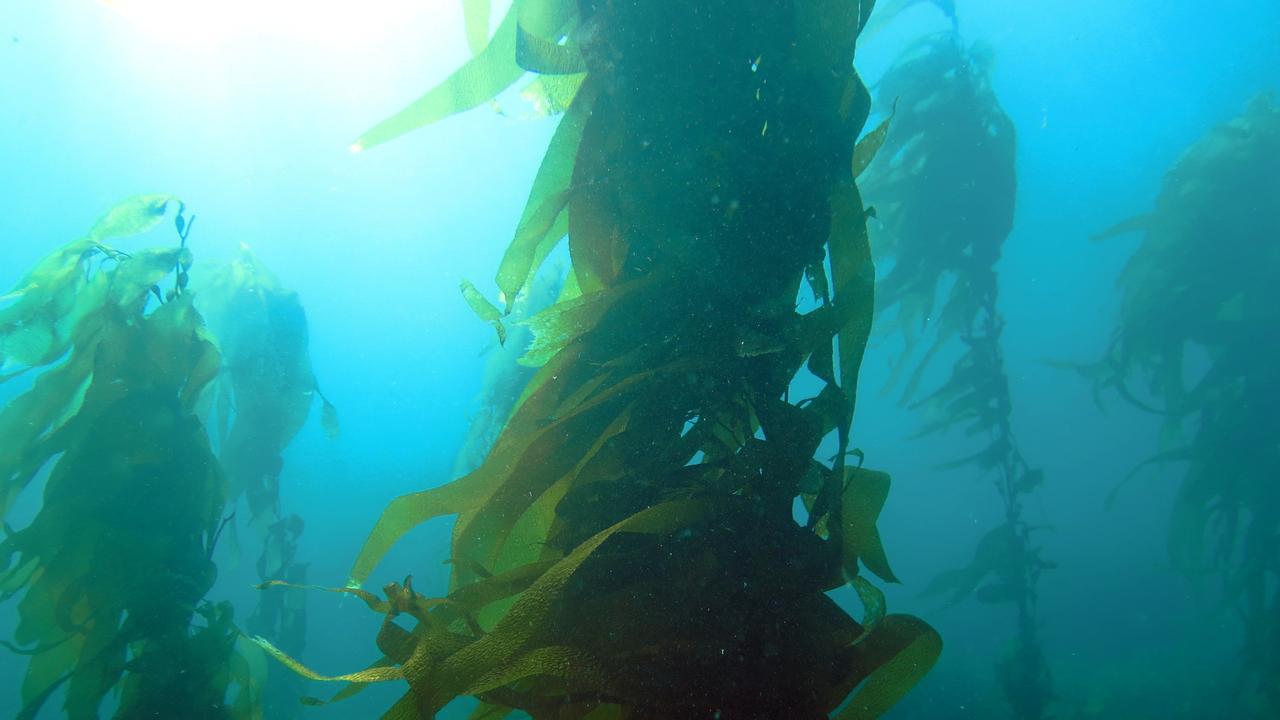
Ms Currie’s research found every time Mr Baron discontinued a dive at one of the main giant kelp diving sites, it coincided with El Nino years.
“I think that was probably the most stark climatic change that we saw in my project,” she said.
“Every time there was an El Nino year, the hot waters got further south and sort of systematically killed off giant kelp throughout the last 30 years.”
Now, the 28-year-old will be graduating with a Masters of Marine and Antarctic Science at UTAS on Tuesday. While she would like to go into a PhD program at some point, her new fascination is how fisheries work.
“I might try and get to fisheries work, just to see how it operates because we need to come up with sustainable ways to do farming in the ocean, because wild catch is not a long term sustainable thing,” she said.
The University of Tasmania winter graduations start in Hobart on Monday and Tuesday and continue in Launceston on Saturday.

